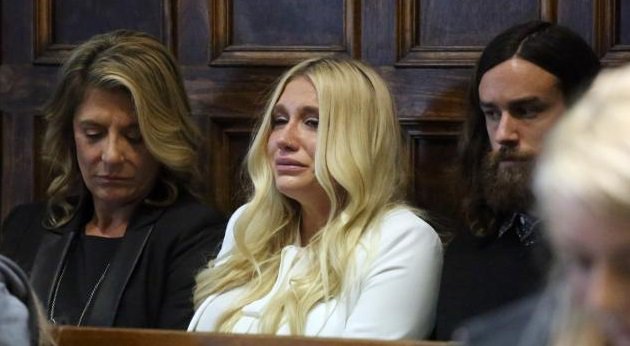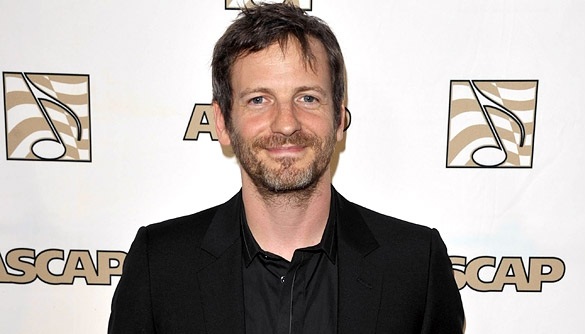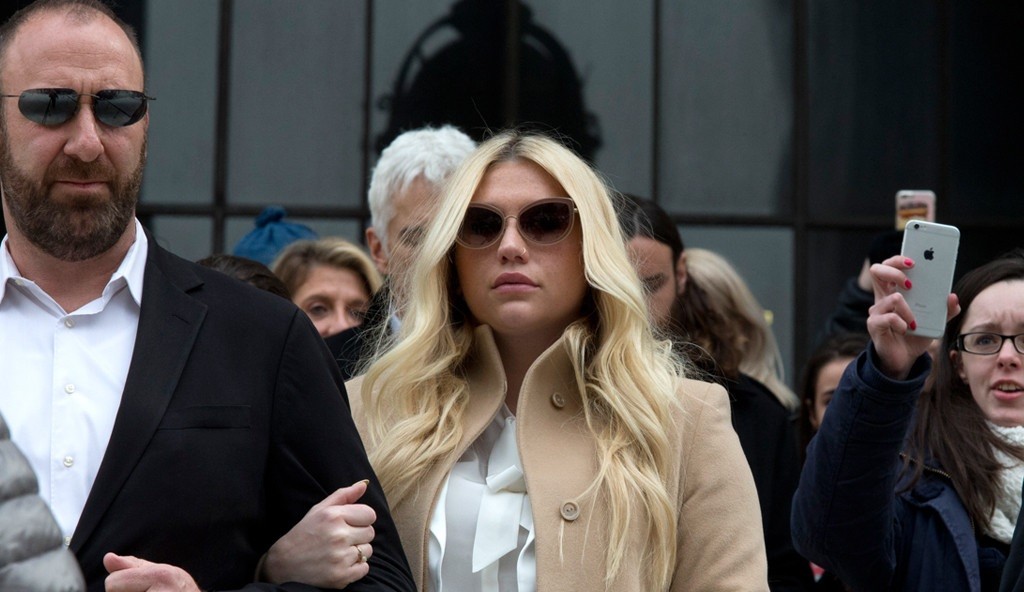‘As a rape survivor, I feel betrayed by Kesha’s injunction ruling’

In recent days, the music industry and wider world has been rocked by the news that Kesha Sebert’s attempt to get out of her contract with Sony – after allegedly being sexually assaulted by super-producer Dr. Luke – has been denied by a New York Supreme Court Justice, sparking new conversations about the treatment of rape survivors and renewed calls to ‘#FreeKesha’ on social media. For those unaware, the ‘Tik Tok’ singer’s career has been put on hold indefinitely since October 2014, when she sued Dr. Luke, accusing him of drugging, raping and abusing her a decade ago. Dr. Luke has denied all charges. The producer’s lawyers argued that Kesha made up the allegations as an attempt to “extort money” and nullify her contract with Dr. Luke and Sony.
The accused Dr. Luke (aka Lukasz Sebastian Gottwald) possesses an exclusive contract with the ‘Die Young’ singer on his Sony music imprint label Kemosabe Records. Kesha claims that the producer (who has worked with the likes of Kelly Clarkson, Avril Lavigne and Pink) drugged her ten years ago at her 18th birthday party before allegedly raping her. Despite the heinous psychological damage that must inflict on a teenage talent during her first tentative steps into the music industry, the ruling of Manhattan Supreme Court Justice Shirley Kornreich argues that it is multi-billion-dollar corporation Sony Music that will suffer “irreparable harm” if the singer is not forced to abide by a contract that requires her to make six more albums with the company. Sony argues that Kesha can work with a different producer, but Kesha counters that her employer can refuse to promote her music if she does. The power lies squarely with one of these parties, and as ever, it’s not the alleged rape victim.

Scenes of Kesha leaving the courtroom, teary-eyed and exhausted, broke the hearts of fans online and #FreeKesha rapidly trended worldwide, with social media users expressing their frustration at both the verdict and her treatment. In her ruling, the judge referred to Kesha as an “investment”, a commodity: In a case with allegations of sexual assault, a judge said the words “My instinct is to do the commercially reasonable thing.” Society must stop this victim-blaming and begin to tackle the real criminals. It’s a travesty that an artist like Chris Brown can be convicted of domestic abuse and still go on to forge a successful career, but when a victim of sexual abuse comes forward, she is punished not only by the company she is signed to, but by the legal system itself. Sadly, this is just a highly-publicised version of what happens every single day when it comes to rape, power, and the vulnerable position of victims in both society and the work-place.
We cannot keep allowing survivors of sexual assault and rape be sidelined as liars, provocateurs and teases. Tweets claiming Kesha should dress more appropriately or act less promiscuous just perpetuate this same old drone of victim-blaming nonsense. When I was raped, I was dressed in a rather unflattering polo neck and baggy chinos. No part of my outfit aligned to me agreeing to lose my virginity to the man who pressed my face into my own bed, in my own house, and take it anyway. It’s 2016, and no contract should be deemed more important than the personal rights of a woman who has allegedly suffered at the hands of a senior colleague.
Seeing the treatment of female rape victims who’ve been accused of leading their attackers on or “asking for it”, reminds me of the complete lack of conversation regarding rape amongst men that put me off telling my friends, family or the police. It was not until two months ago that I was able to open up about my attack. It took me three years to speak out. It took Kesha ten.

If conversations around rape and speaking out about abuse were seen as positive and worthwhile, I know I would have been able to speak out sooner about what happened to me as a 16-year-old. The representation of Kesha in this case has been poisonous, detrimental and frustrating to witness. Her treatment not only reflects Sony’s injuriously backwards way of treating their talent, but acts as a beacon of negativity to other survivors trying so hard to pluck up the courage to report what happened to them. When we see the claims of a rich and powerful celebrity dismissed as the attention-seeking antics of a money-grabbing liar, how can we expect everyday folks to speak up about what happened to them?
Kesha’s case is one of a rape victim having the strength to speak up – only to be bound to work with her abuser and the company that has seemingly done nothing to protect her. What this does more than anything is tell victims of sexual abuse that they will always be at the mercy of their attacker. Speaking out about what happened has been the best thing that could have happened to me; that clearly is not the case for Kesha.
Only 15 per cent of women report their sexual attacks. Male sexual assault charity Survivors UK believe that 97-98 per cent of men don’t report what happened to them. I’m included in that figure. Unless such issues are spoken about in the correct way and better understood, I doubt this statistic will ever change. The way the press, public and court have treated Kesha’s case is heartbreaking and demoralising for those who have already spoken out, and those struggling to come to terms with their attacks.
My heart has gone out to Kesha this week. I cannot imagine how violated and betrayed she must feel by the stance of her employer, and the knowledge that money has been so unashamedly placed ahead of her own humanity and dignity. This is not some showbiz fluff. This is a woman who has had to suffer the indignity of choosing between her burgeoning career, and working in the same circles as her alleged attacker.
I watched my rapist walk away completely unharmed by the law. I cannot begin to comprehend how dreadful Kesha must be feeling. I am so angry. I am so frustrated. And above all, I am so disappointed in the world we live in.
Words: Dean Eastmond
Dean is the co-founder and Editor-in-Chief of HISKIND Magazine. Follw him on Twitter @deanvictorr.
More stories:
How common is rape on the gay scene?
Man in critical condition after collapsiing at Liverpool gay sauna
